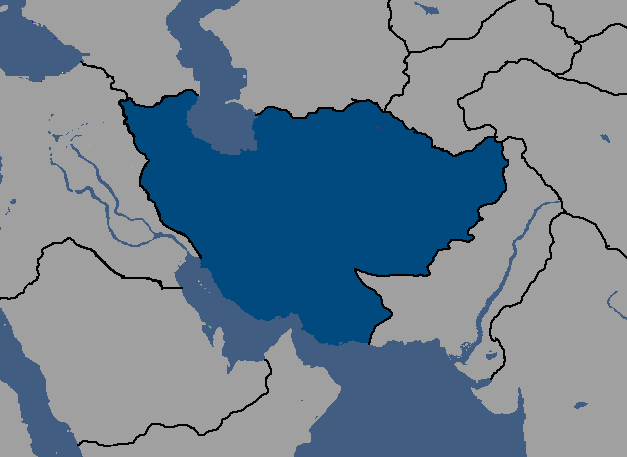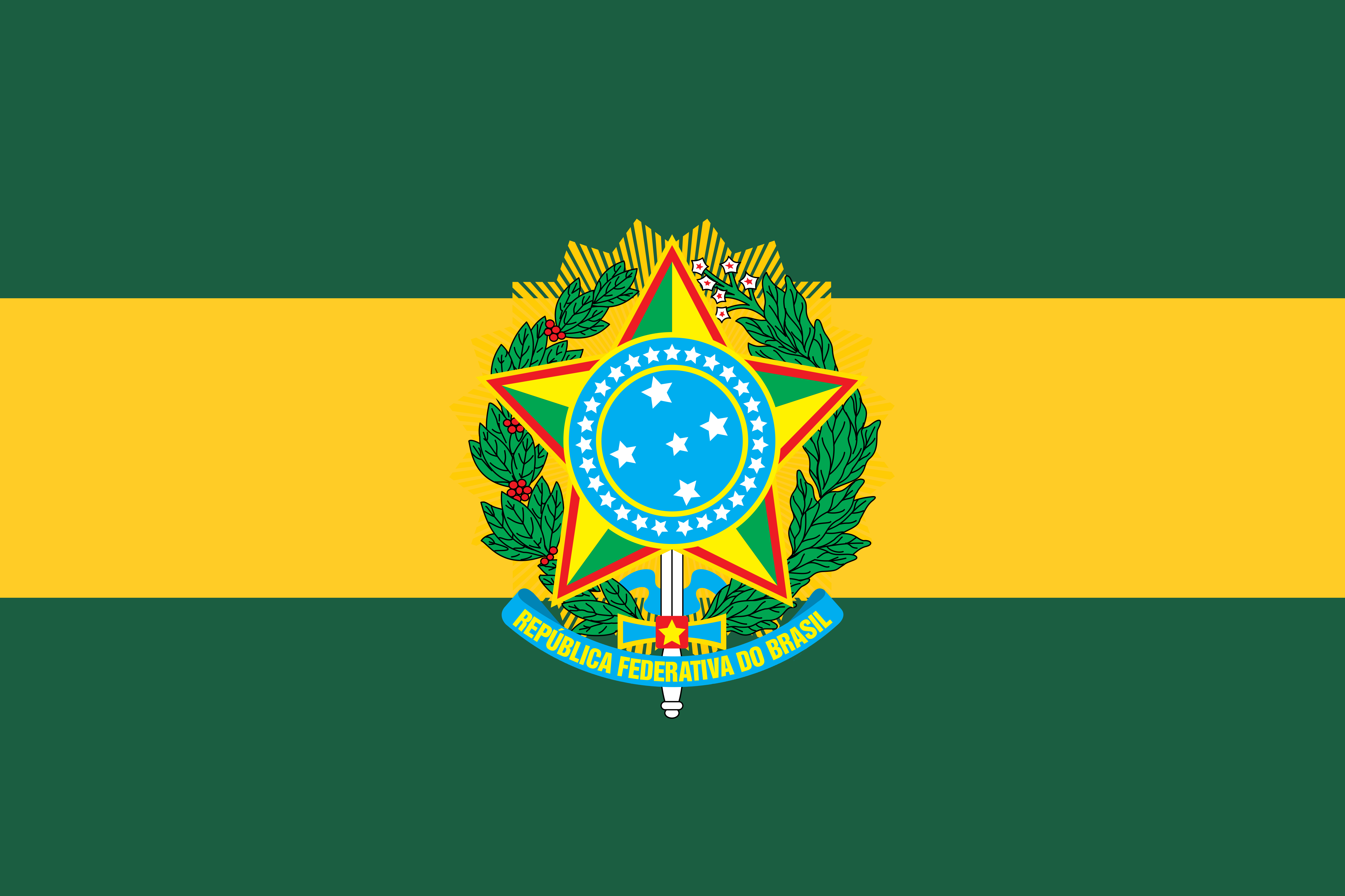Apothilene Democracy
Were you instead looking for the modern "Republic of Apothelis"?
| Apothilene Democracy | |
|---|---|
  | |
| General Info | |
| Official Name | Apothilene Democracy |
| Common Name | Apothelis |
| Capital City | Tehran |
| Demonym | Apolithene, Apothéosi |
| Politics | |
| Government | Necrocratic Monarchy |
| Ideology | Necrocracy |
| Legislature | Apotheline Council |
| Official Language(s) |
|
| State Religion | Secular |
| Demographics | |
| Population | 7.2 million (250 CE) |
| Species | Human |
| Minority Languages | Turkmen |
| Assets | |
| Geography/Astrography | |
| Planet | Yata |
| Continent | Asia |
| Region | Middle East |
| Real-Life Location | Greater Iran |
| Historical Info | |
| Founded | 107 CE |
| Dissolved | 252 CE |
| Succeeded by | |
| Other | |
| Created by | Peter |
| Controlled by | Peter |
The Apolithene Democracy, commonly called Apothelis or Apothéosis was a sovereign state located in the Middle East with segments in the Indian Subcontinent. At the time of its dissolution, it bordered Sarpistan to the west, the Confederacy and Turkestan to the north, faced Aparty across the Arabian Sea to the south and was separated by terra nullius to Synora in the east.
Marred by tectonic activity since its creation, Apothelis was, in its early days, a regional power. Almost entirely mountainous, infrastructure projects were few and far between; population centres were mainly in the few fertile valleys that existed with the exception of Shirvan in the coastal north. However, where there were not valleys or mountains was large-scale landscape scarring from canal projects and reservoirs intended to broaden the scope of agriculture and human habitation of the sparsely populated inland regions. Other adverse effects of such projects included a large economic recession and displacement of indigenous populations, all of which contributed to the nation's dissolution. Other than the human factors, tectonic activity meant that infrastructure projects were often faced with regular earthquakes, often setting back or even destroying progress made, which is considered by many scholars to be the main developmental restriction on the state.
